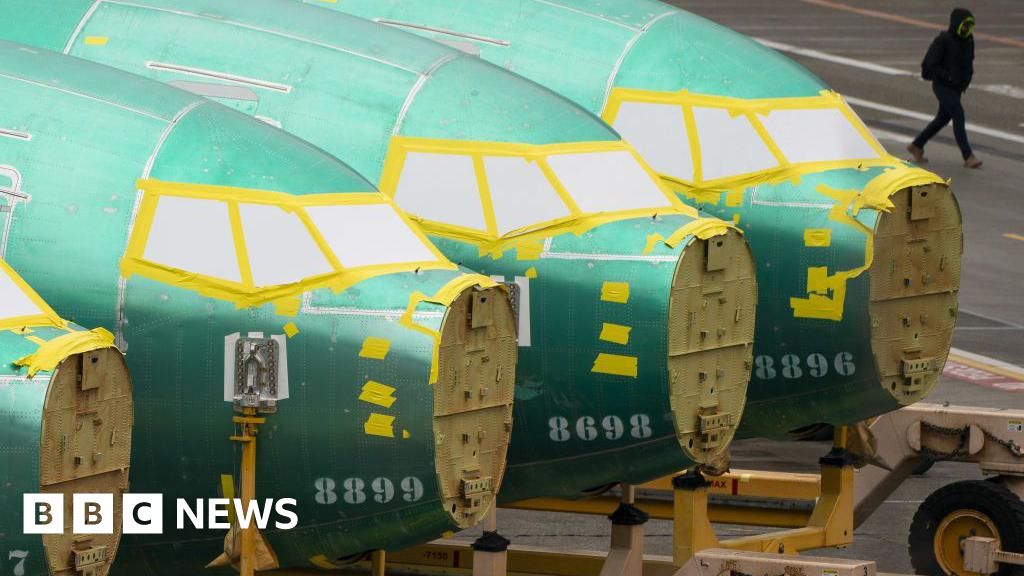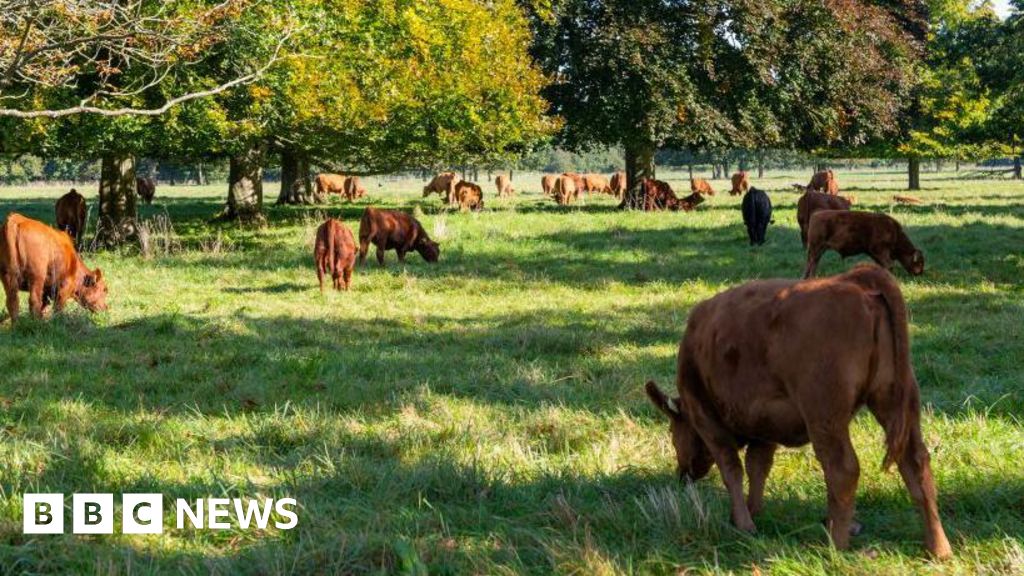ARTICLE AD BOX
By Dulcie Lee
BBC News
image source, Getty Images
The energy price cap will stay, the government and the energy regulator have announced - despite the price of wholesale gas reaching record highs.
Customers on some tariffs are protected from sudden hikes in wholesale gas prices through the energy price cap.
However, the cap means firms are unable to pass on higher wholesale costs, which is forcing some - mostly smaller companies - to go out of business.
The cap covers 15 million households across England, Wales and Scotland.
On Monday evening, Business Secretary Kwasi Kwarteng and energy regulator Ofgem confirmed that keeping the cap was the "clear and agreed position".
It comes after some speculation that Ofgem could lift the cap between now and next year to ease pressure on struggling energy firms.
So far, four energy firms have gone to the wall, including People's Energy and Utility Point, and four more are expected to follow in the coming days.
Industry sources fear there may be as few as 10 energy suppliers left by the end of the year, down from 70 in January.
Mr Kwarteng and Ofgem said if suppliers failed, they were "committed that consumers face the least amount of disruption possible".
"The top priority must be ongoing support for energy customers, especially the elderly and vulnerable," they said.
What is the energy price cap?
- The energy cap is the maximum price suppliers in England, Wales and Scotland can charge customers on a standard - or default - tariff
- Ofgem sets the cap level for summer and winter based on the underlying costs to supply energy
- Energy bills are already due to rise by an average of £139 a year in October, but the price cap restricts further price hikes over winter
- The current price cap is £1,138 a year for standard tariffs, but will rise to £1,277 in October
This year has seen a worldwide squeeze on gas and energy supplies, in part due to a cold winter in Europe leaving stocks lower than usual and increased demand from Asia.
But the government and Ofgem said the UK did not have supply issues and instead had a diverse range of gas sources "that can more than meet demand".
However, energy bills are facing particular pressures in Great Britain because of a dip in renewable energy supplies due to low wind, and the outage of a power cable supplying electricity from France.
Supermarkets and food manufacturers are also battling with the knock-on effects of soaring gas prices.
They rely on carbon dioxide supplied by the fertiliser industry to keep food fresh for longer and stun animals before slaughter. But gas prices have caused some fertiliser plants to stop production.
Pig farmers fear the backlog of animals on their farms may mean they may have to start killing pigs on-site rather than in abattoirs, meaning the meat cannot enter the food supply chain.

 3 years ago
72
3 years ago
72








 English (US) ·
English (US) ·